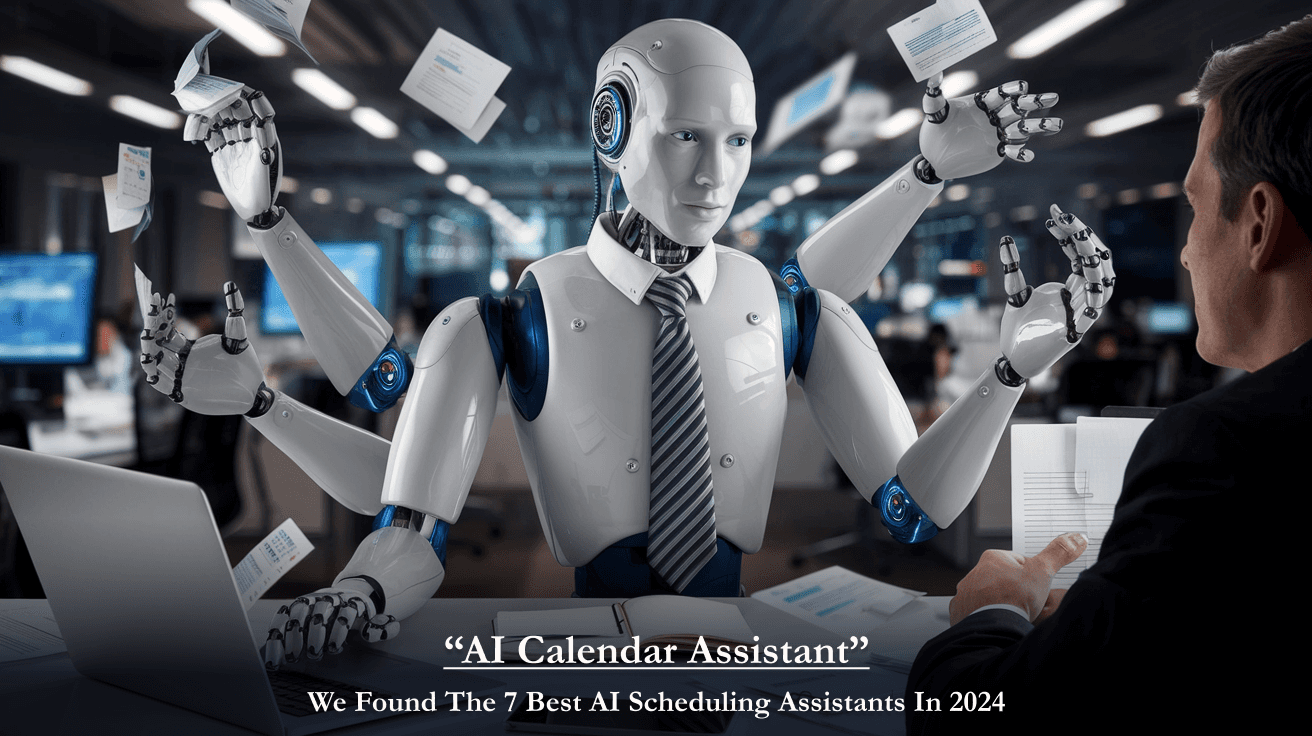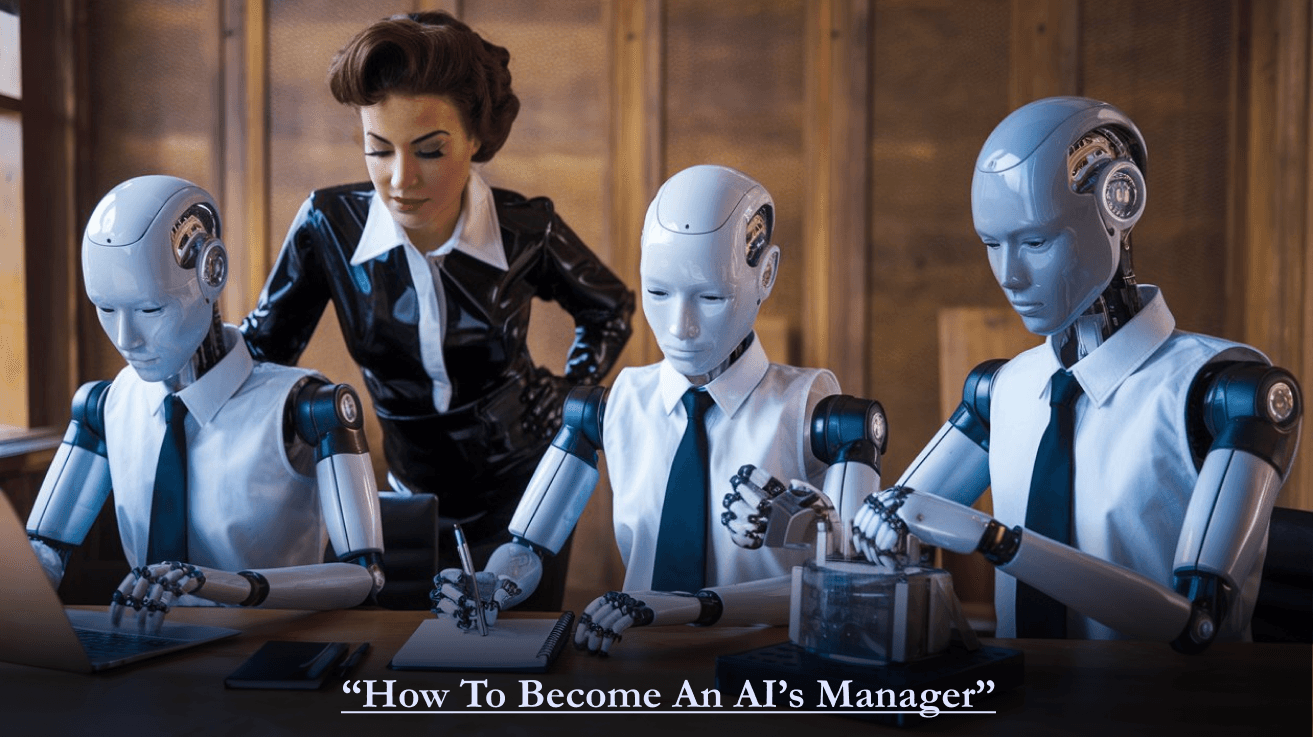17-Oct-2024
The Science of Human Productivity And AI
Time has always been the most democratic resource for humankind: we all get exactly 24 hours a day. But in this increasingly hyperconnected world, those hours seem to slip through our fingers at an ever-growing speed.
The average executive loses 2.1 hours a day to distractions, making that already scarce resource even more precious. What if technology could not just save time but also transform how we understand and use it?
Finally, with tools like FastTrackr.AI, AI is changing the game to give executives back precious hours in their lives and work by tackling mundane tasks and inefficiencies. Let’s discover deeper implications of how time optimization comes into play in our lives and work, as reflected by the great minds behind renowned productivity theories and practices.
The Human Predicament: Why We Struggle with Time
Dual Process Theory and Decision-Making: Philosophically, time management is tied to the understanding of human psychological principles. Dual process theory, as outlined in Daniel Kahneman's work Thinking, Fast and Slow, suggests that humans are not single-level thinkers. Rather, their thinking occurs at two very different levels: System 1 (fast, instinctive, emotional) and System 2 (slow, deliberate, logical).
This presents a significant challenge for busy professionals, especially those acting as CEOs. Being in high-pressure environments often leads individuals to rely more on System 1, resulting in impulsive decisions that may overlook critical details. When a CEO's inbox is overflowing or their calendar is packed, leaders may resort to instinctive responses rather than waiting for analytical thinking to kick in.
This is where AI technologies come into play. By automating routine decisions, AI invites a more strategic approach. For instance, an AI personal assistant can analyze past interactions and optimize email or meeting request responses, fostering a more deliberate approach suited for System 2 thinking. This transition promotes overall efficiency and clarity in the lives of busy professionals.
The Effects of Decision Fatigue: Another psychological barrier to effective time management is decision fatigue. Studies have shown that with the increasing number of choices we face daily, the quality of our decision-making diminishes. As Oliver Burkeman reminds us in his book Four Thousand Weeks, a sobering reality is that the average human lifespan amounts to just four thousand weeks. This finite nature of time creates what psychologists term "temporal scarcity"—a state where our awareness of time scarcity leads to anxiety and, paradoxically, often results in poor time management.
For CEOs, this can manifest as procrastination, missed opportunities, and flawed judgments due to decision fatigue. AI alleviates this challenge by freeing leaders from routine tasks, thus conserving precious mental energy for more complex, high-stakes decisions. For example, FastTrackr.AI can automate routine email management, drafting replies based on context and urgency, leaving executives free to focus on higher-order strategic decisions.
AI: An Innovative Time Management Solution
Routine Task Automation: AI excels at automating the repetitive tasks that can drain time from an executive's day. Tools like FastTrackr.AI are designed to relieve this burden by managing mundane tasks such as email handling, scheduling, and note-taking.
David Allen's Getting Things Done methodology emphasizes the importance of capturing and organizing tasks as a means of mental decluttering. AI not only automates the execution of these tasks but also organizes them, enabling leaders to focus on what really matters. By taking care of administrative responsibilities, AI enhances strategic thinking time, adhering to the principles espoused in Allen's framework.
Smart Scheduling: The Science of Timing: Managing time zones has become a logistical nightmare for many professionals in a globalized work environment. AI alleviates this burden by automating scheduling processes. FastTrackr.AI can determine optimal times for meetings across different time zones, factoring in individual productivity patterns.
As Daniel Pink discusses in When: The Scientific Secrets of Perfect Timing, timing significantly influences outcomes. AI allows executives to capitalize on their most productive hours while improving the effectiveness of meetings and collaborations. For instance, if a CEO is most alert in the early morning, an AI tool scheduling their most important meetings during that time would maximize efficiency.
Better Concentration Levels with Reduced Multitasking: The myth of multitasking has permeated corporate culture for years, but research consistently reveals that multitasking can lead to decreased productivity and increased error rates. Cal Newport, in Deep Work, advocates for focused work sessions as the best way to produce high-quality output.
AI tools can help eliminate distractions by organizing workflows and prioritizing the most essential tasks. By empowering leaders to focus on single tasks, AI encourages concentration on what truly matters. This is particularly crucial in an era where individuals often find themselves pulled in multiple directions. The functionality of AI to streamline tasks demonstrates the effectiveness of the principles outlined in Essentialism: The Disciplined Pursuit of Less by Greg McKeown, where prioritizing fewer commitments leads to greater overall effectiveness.
Data-Driven Insights for Better Decision-Making: AI systems provide personalized insights that enhance decision-making quality. By analyzing vast amounts of data, AI can identify trends and make recommendations tailored to specific leadership needs. Richard Koch’s The 80/20 Principle illustrates how 80% of results often come from 20% of efforts. AI tools can highlight which activities yield the greatest returns, allowing leaders to maximize their time efficiently.
For example, AI executive assistants can consider past interactions and outcomes, helping executives focus on high-impact activities that drive business success. This data-driven focus aids in overcoming cognitive biases and improving overall decision-making.
Collaboration Across Distance: As remote work becomes increasingly prevalent, effective collaboration across distances is essential. AI enhances communication by providing real-time translation and sentiment analysis, enabling teams to work together more effectively, regardless of location.
AI's capabilities extend to managing multiple accounts and communication channels, streamlining interactions for leaders overseeing diverse teams. Teamwork and synergy between your AI assistant and you is crucial for achieving collective goals.
A New Perspective on Time Management
The rise of AI in time management signifies not just a technological advancement but a paradigm shift in how we approach our daily lives. By automating routine tasks, managing complex schedules, and providing data-driven insights, AI tools like FastTrackr.AI enable professionals to reclaim precious time lost to inefficiencies.
As we embrace these innovations, we can significantly enhance our time management practices, allowing us to focus on strategic initiatives that drive growth. In a world where every moment counts, AI stands as a vital ally in mastering the art of time optimization.
So here’s to working smarter with AI, reclaiming lost hours, and transforming how we manage our most valuable resource: time. With AI power at our fingertips, we are not just surviving the demands of modern work; we are flourishing in them.




